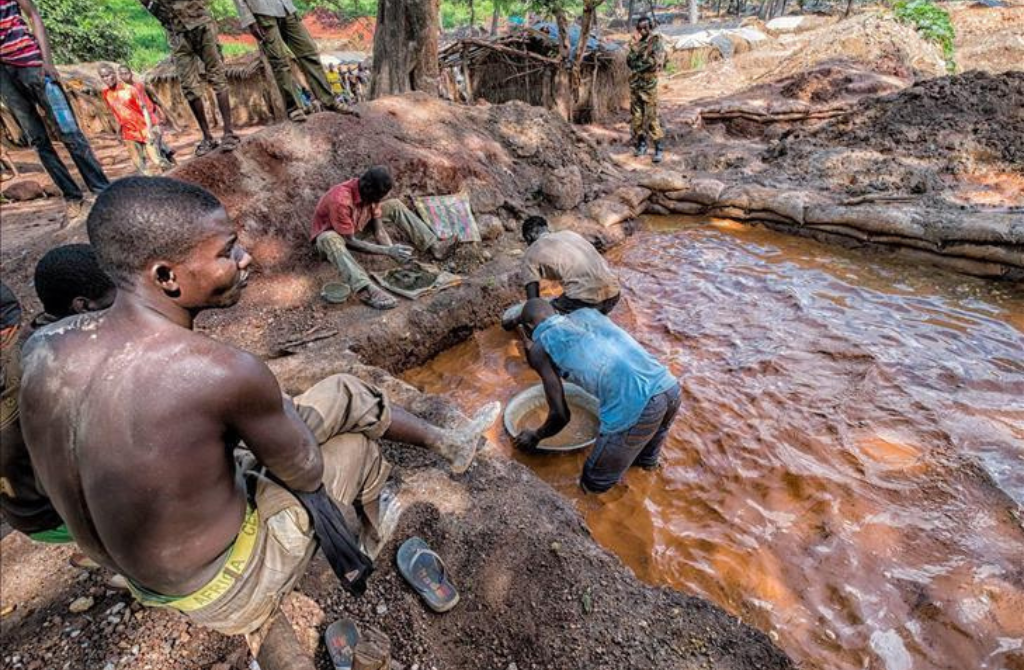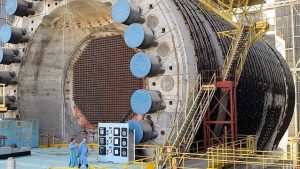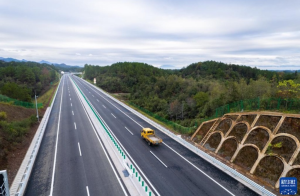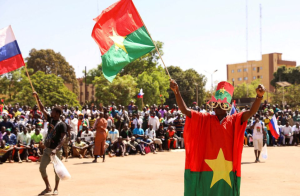Ghana: Gold, an economic engine but a source of persistent tensions with the communities

Ghana has established itself in recent years as Africa’s leading gold producer, surpassing South Africa. This performance is largely based on industrial mining led by multinational corporations, which generate considerable tax revenue for the state.
In 2024, gold accounted for 57% of the country’s total exports, amounting to $11.6 billion, and nearly a quarter of all direct taxes collected. But behind this economic success, gold remains a source of recurring tensions with local communities.
The surge in the price of the yellow metal, now above $3,500 an ounce, does not have the same benefits for everyone.
In several mining regions, local populations denounce persistent social and environmental impacts.
A recent report by Pure Earth and the Environmental Protection Agency warns of alarming levels of mercury pollution linked to illegal artisanal mining, known as galamsey.
But even industrial mining, which is regulated by law, is criticized for its lack of local investment.
In recent years, clashes between residents and companies have multiplied. In September 2025, a local official was killed at the Asanko site, owned by Galiano Gold, during clashes over what were deemed insufficient economic benefits for the community.
In Obuasi, where AngloGold Ashanti operates a historic mine, coexistence remains fragile.
After operations were suspended in 2016 due to repeated intrusions by illegal miners, the resumption in 2019 did not ease tensions.
In January 2025, clashes between the military and illegal miners there resulted in seven deaths.
The Ahafo site, operated by the American company Newmont, has also been marked by protests since its launch, involving mass population displacements and a cyanide spill in 2009.
These events symbolize a deep divide: local communities feel that the benefits of gold mining disproportionately bypass the areas where it is extracted.
Read: Ghana: Dramatic reduction in public debt thanks to reforms and growth
At the heart of the criticism is the concept of a “social license to operate.” Unlike a mining permit granted by the state, this license depends on the acceptance of the local inhabitants.
Without it, experts remind us, no project can be sustainable. Classic ESG (Environmental, Social, and Governance) standards appear insufficient in the face of growing demands for social and environmental justice.
Specialists argue for better governance of local development mining funds, to finance projects that are negotiated with communities and tailored to their real needs.
For although gold continues to shine for the national economy, it can only become a shared wealth if local communities feel genuinely included in its exploitation.
Stan OKAFOR






